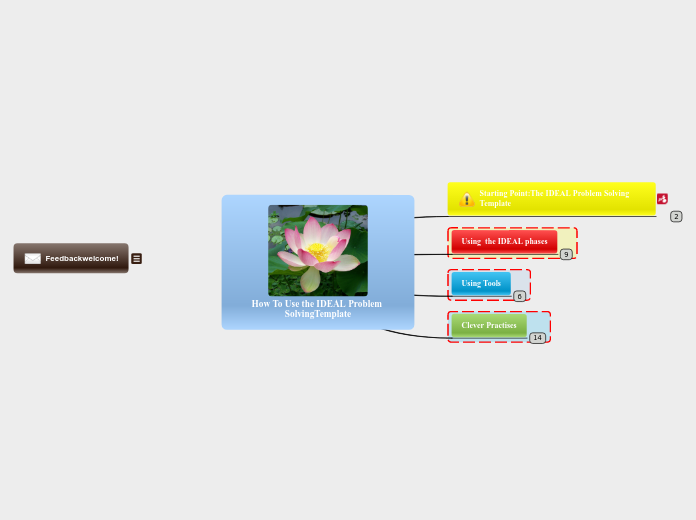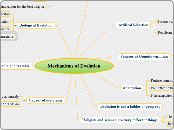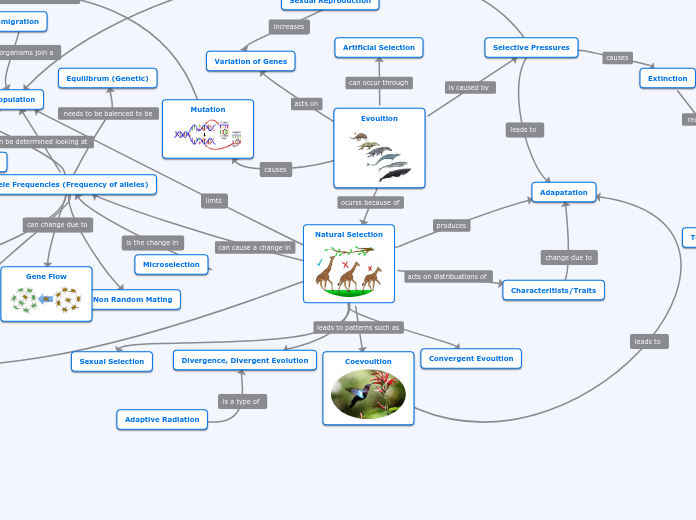por Saad Mallick 12 anos atrás
342
BIO 311D EC Map
The concept of niche overlap and competition is central to understanding how species interact within ecosystems. Competition occurs when two species vie for the same resources, leading to a reduced realized niche for one or both species.









